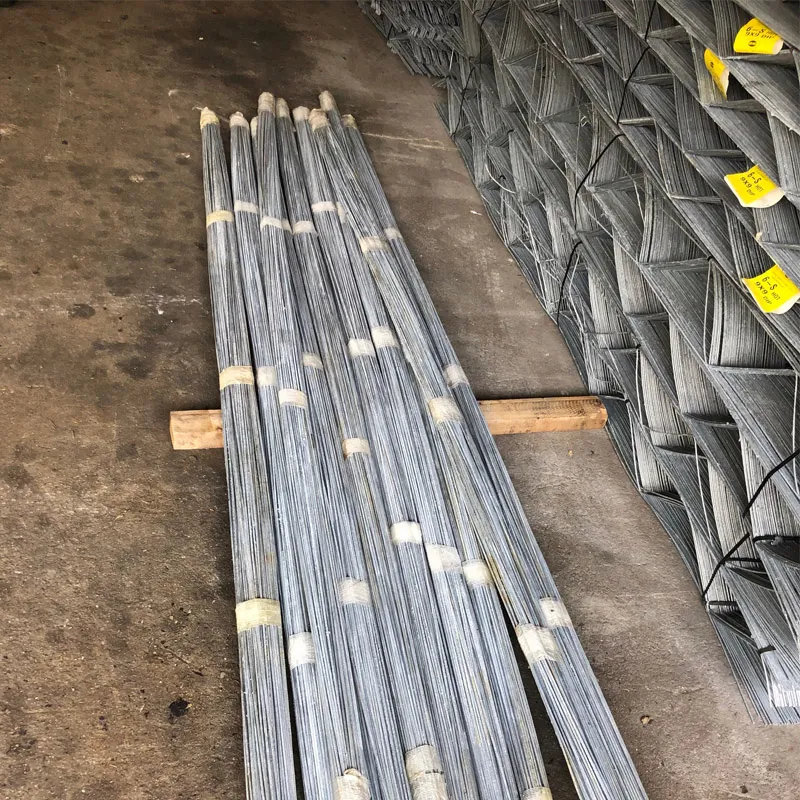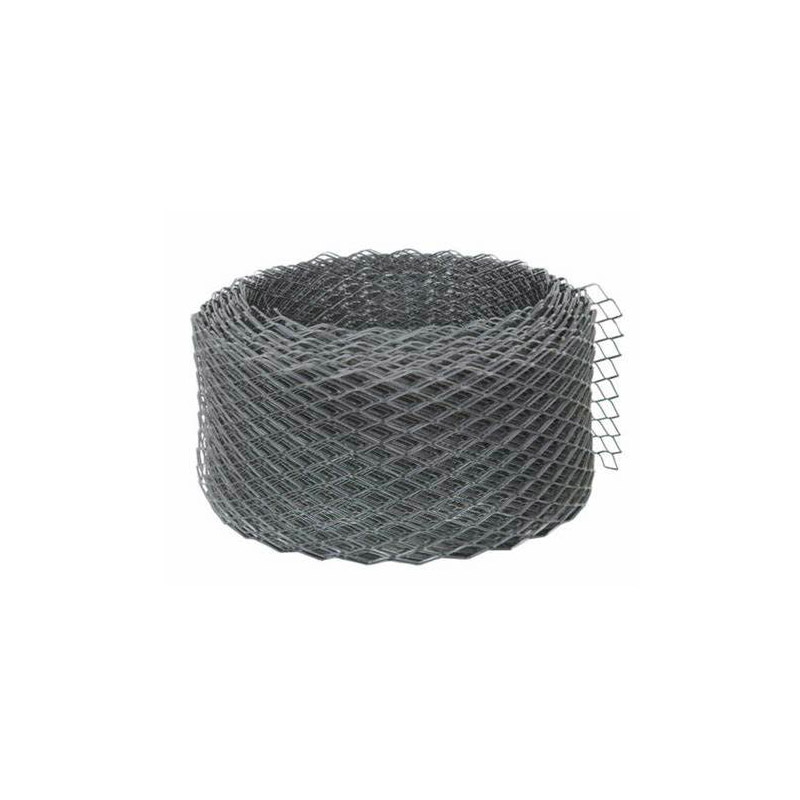
- Mobile Phone
- +8613931874955
- sales@cntcmetal.com
feb . 18, 2025 01:53
Back to list
Field Fence
Choosing the right type of field fencing is crucial for any landowner looking to protect their property, livestock, or crops. With numerous options available, selecting the right type involves understanding the specific needs and challenges of the landscape. Here's an expert insight into the various types of field fencing, their applications, and what makes them unique.
Metal Fencing Characterized by its robustness and security, metal fencing—particularly galvanized steel or aluminum—suits high-security needs. Chain link fencing, a subset of metal fencing, is convenient for urban or semi-urban fields requiring clear visibility and minimal maintenance. However, for a more solid barrier, welded wire or expanded metal options can be employed. These types excel in high-security areas or places routinely subjected to severe weather conditions due to their strength and durability. Hedge and Natural Fencing An eco-friendly alternative, hedge fencing naturally demarcates property lines while enhancing biodiversity. Although requiring a significant time investment to reach full maturity, a hedge fence becomes a living barrier that offers privacy and helps reduce soil erosion. On top of this, it provides habitats for wildlife, adding ecological value to a property. Common choices include species like hawthorn or holly, known for their dense growth and thorny limbs. Factors to Consider Choosing the appropriate field fencing requires a strategic approach, considering factors like climate, terrain, purpose, and budget. While initial costs often guide decision-making, the longevity and maintenance expenses associated with each option should also be evaluated. Geography plays a part, as certain fences might withstand extreme weather better than others. Another consideration is the local wildlife, as different fences offer varying levels of protection against unauthorized animal movement. Finally, consulting with fencing experts or seeking guidance from local agricultural extension services can provide valuable insights tailored to specific needs. They can recommend fencing that not only reflects the best choice for the present but also ensures the investment stands the test of time. In conclusion, selecting the right type of field fencing is not merely a cosmetic decision but a strategic one that affects the operational success and safety of a property. Weighing the benefits and constraints of each type helps plot a course for ensuring secure and efficient enclosures. As decisions are made, the focus should always stay on maximizing functionality and enhancing the land's utility over the long haul.


Metal Fencing Characterized by its robustness and security, metal fencing—particularly galvanized steel or aluminum—suits high-security needs. Chain link fencing, a subset of metal fencing, is convenient for urban or semi-urban fields requiring clear visibility and minimal maintenance. However, for a more solid barrier, welded wire or expanded metal options can be employed. These types excel in high-security areas or places routinely subjected to severe weather conditions due to their strength and durability. Hedge and Natural Fencing An eco-friendly alternative, hedge fencing naturally demarcates property lines while enhancing biodiversity. Although requiring a significant time investment to reach full maturity, a hedge fence becomes a living barrier that offers privacy and helps reduce soil erosion. On top of this, it provides habitats for wildlife, adding ecological value to a property. Common choices include species like hawthorn or holly, known for their dense growth and thorny limbs. Factors to Consider Choosing the appropriate field fencing requires a strategic approach, considering factors like climate, terrain, purpose, and budget. While initial costs often guide decision-making, the longevity and maintenance expenses associated with each option should also be evaluated. Geography plays a part, as certain fences might withstand extreme weather better than others. Another consideration is the local wildlife, as different fences offer varying levels of protection against unauthorized animal movement. Finally, consulting with fencing experts or seeking guidance from local agricultural extension services can provide valuable insights tailored to specific needs. They can recommend fencing that not only reflects the best choice for the present but also ensures the investment stands the test of time. In conclusion, selecting the right type of field fencing is not merely a cosmetic decision but a strategic one that affects the operational success and safety of a property. Weighing the benefits and constraints of each type helps plot a course for ensuring secure and efficient enclosures. As decisions are made, the focus should always stay on maximizing functionality and enhancing the land's utility over the long haul.
share:
Next:
Latest news
-
Yard Sign Stakes: Reliable Guardians of Outdoor SignsNewsAug.04,2025
-
Wall Ties: Invisible Guardians of Building StabilityNewsAug.04,2025
-
Resilient Web: The Super Guardian Power of Concrete MeshNewsAug.04,2025
-
Masonry Accessories: A versatile assistant on building foundationsNewsAug.04,2025
-
Iron Binding Wire: the 'invisible reinforcement specialist' in the fields of architecture and industryNewsAug.04,2025
-
Dynamic Spring: The diverse functions and excellent performance of Wire Tension SpringNewsAug.04,2025
-
Your Source for Concrete Wall Ties and Masonry AccessoriesNewsJul.10,2025



















